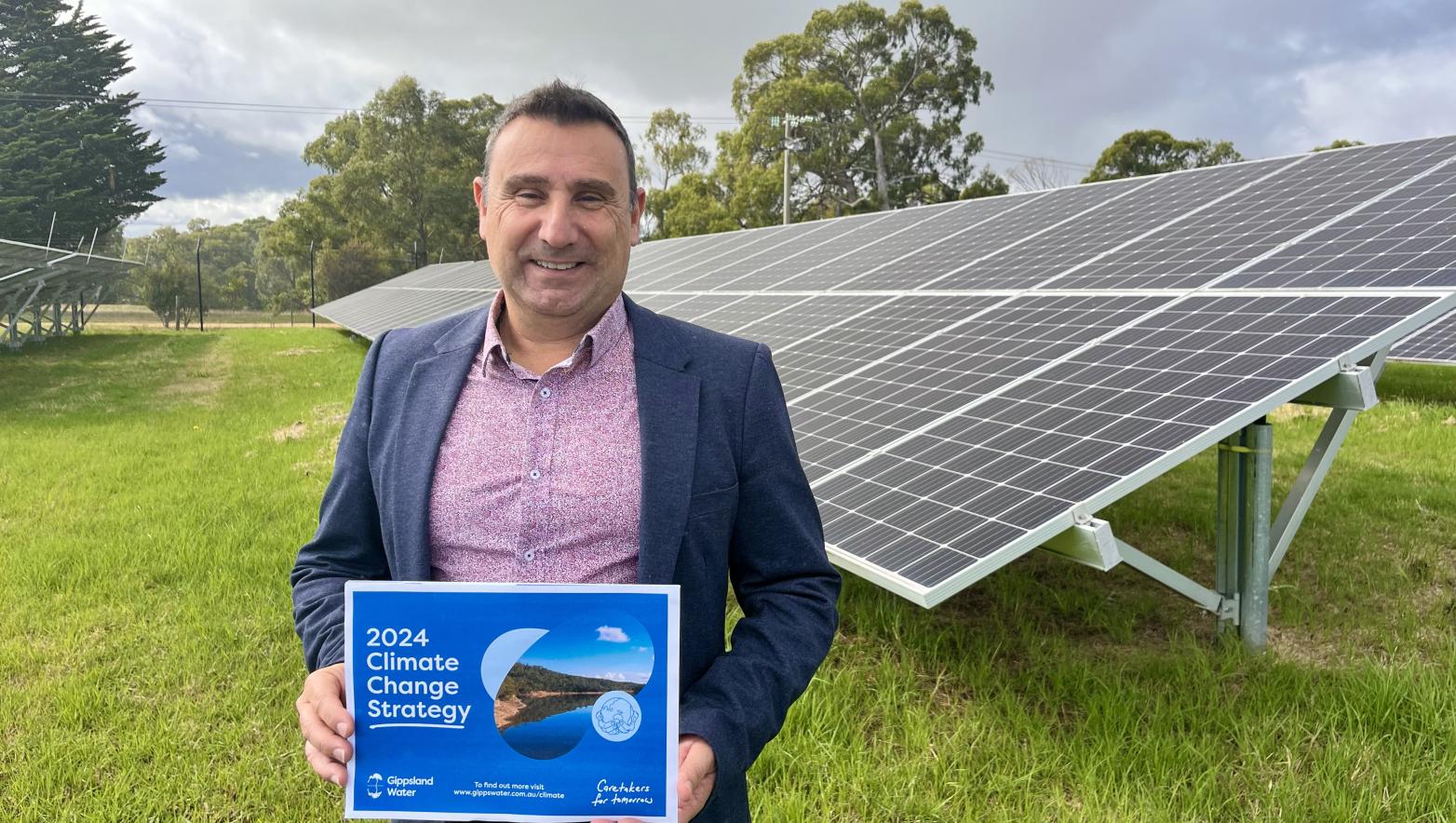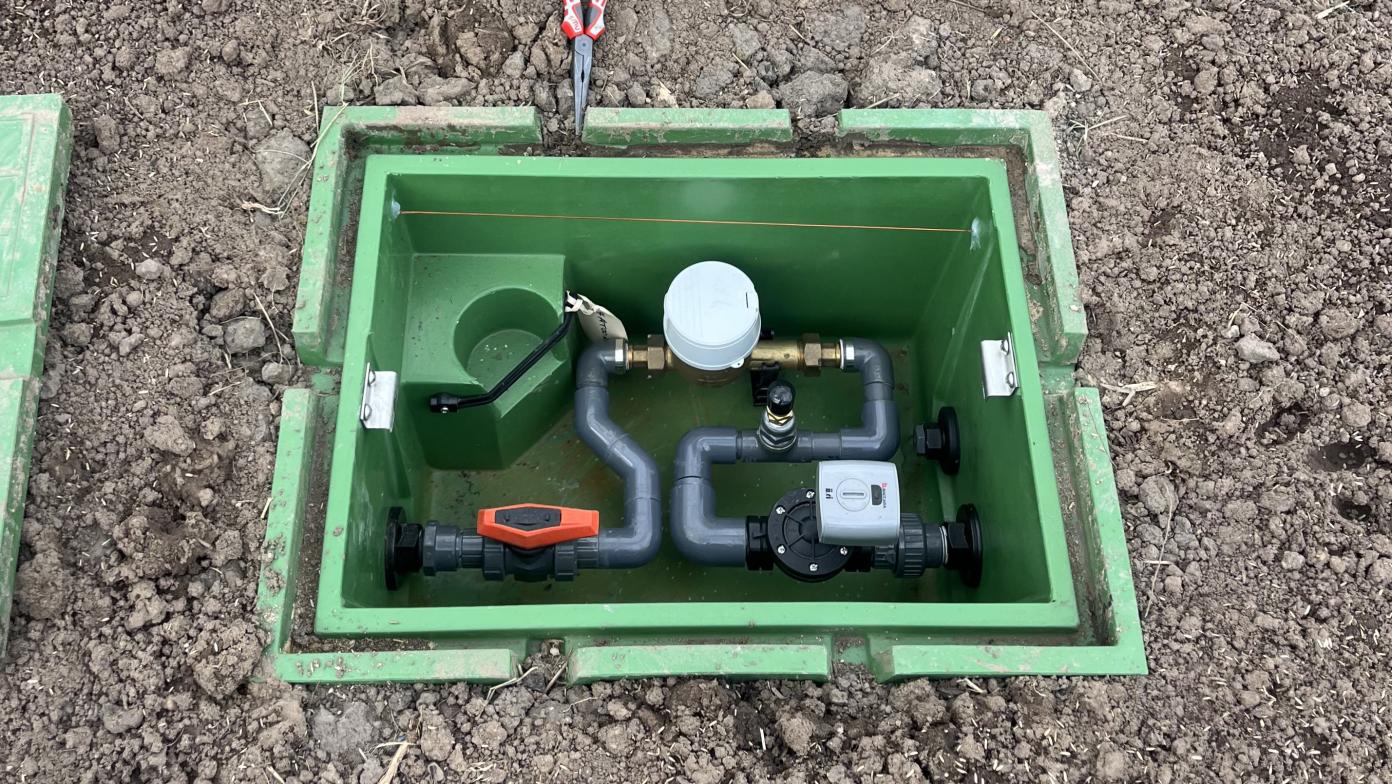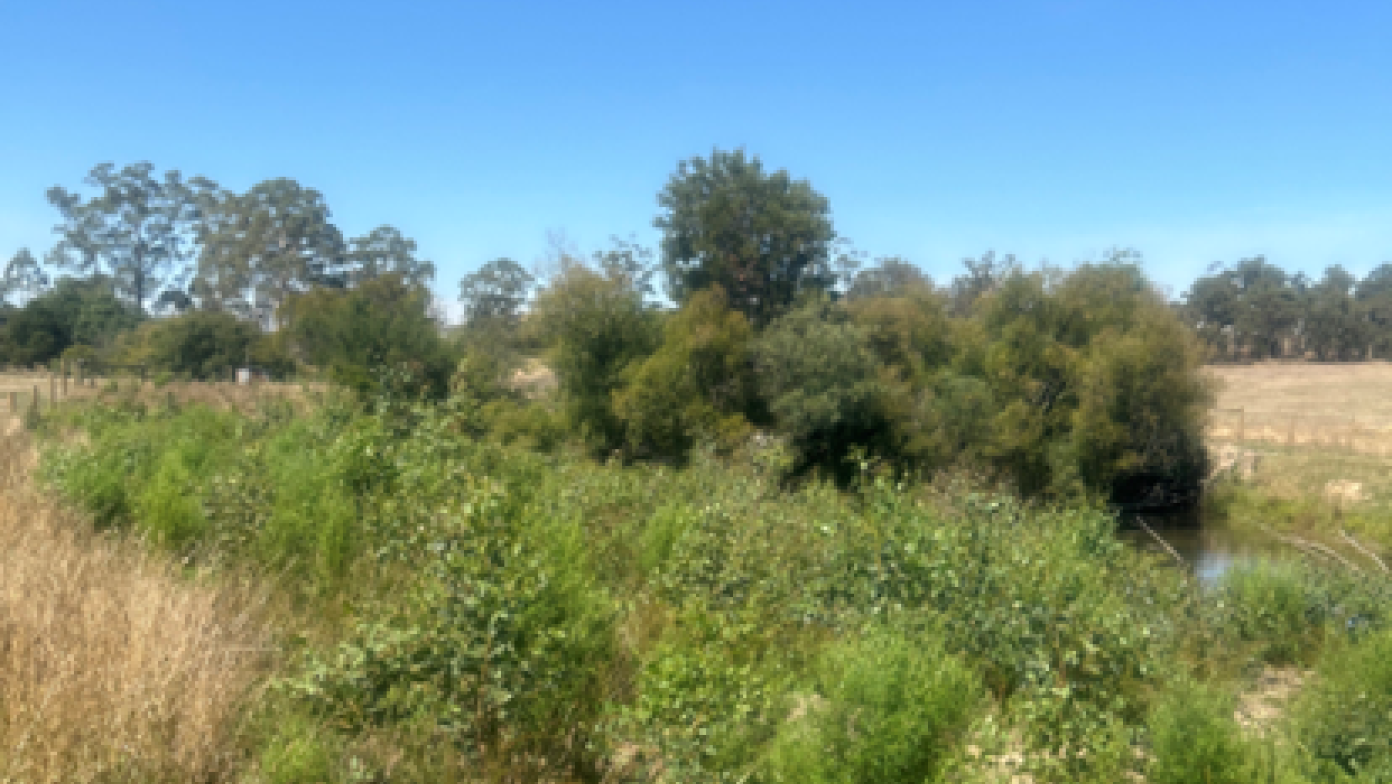New strategy to tackle local impacts of climate change

Gippsland Water has released its new Climate Change Strategy, detailing how it will achieve ambitious net zero targets and manage the impacts of climate change.
Acting managing director Simon Aquilina said the organisation was taking a whole-of-business approach to managing the impacts of climate change current and future generations.
“As the climate changes, we will continue to be innovative in the way we think, plan and engineer,” Mr Aquilina said.
“Our strategy focuses on areas including renewable energy investment, environmental stewardship and infrastructure upgrades to increase resilience.
“Upgrading our infrastructure is a major priority, starting with assets most at risk of being impacted by extreme weather events.
"Continuing to protect the plants and animals who rely on the waterways we manage and need a healthy environment to thrive is another.
“For example, we are actively involved in the protection of several vulnerable species, including the Pookila, Wellington Mint Bush and Filmy Maidenhair fern.
Mr Aquilina said Gippsland Water had already made great progress in moving to renewable energy sources.
“A significant amount of our power already comes from renewables and we are continuing to invest in new energy sources,” Mr Aquilina said.
“We have nearly 6,000 solar panels running across eight of our sites as well as biogas and hydroelectric generators.
“Between 2017 and 2022 we almost doubled our renewable energy production, and now we produce 5,451 megawatts in renewable energy each year.
“Using renewable energy sources also reduces our operating costs and puts downward pressure on customer bills.
“We’ve got a lot to do in the next six years, but if we continue along our current trajectory, I’m confident we’ll hit our targets.”
To view Gippsland Water’s Climate Change Strategy, visit: https://www.gippswater.com.au/climate-change-strategy



